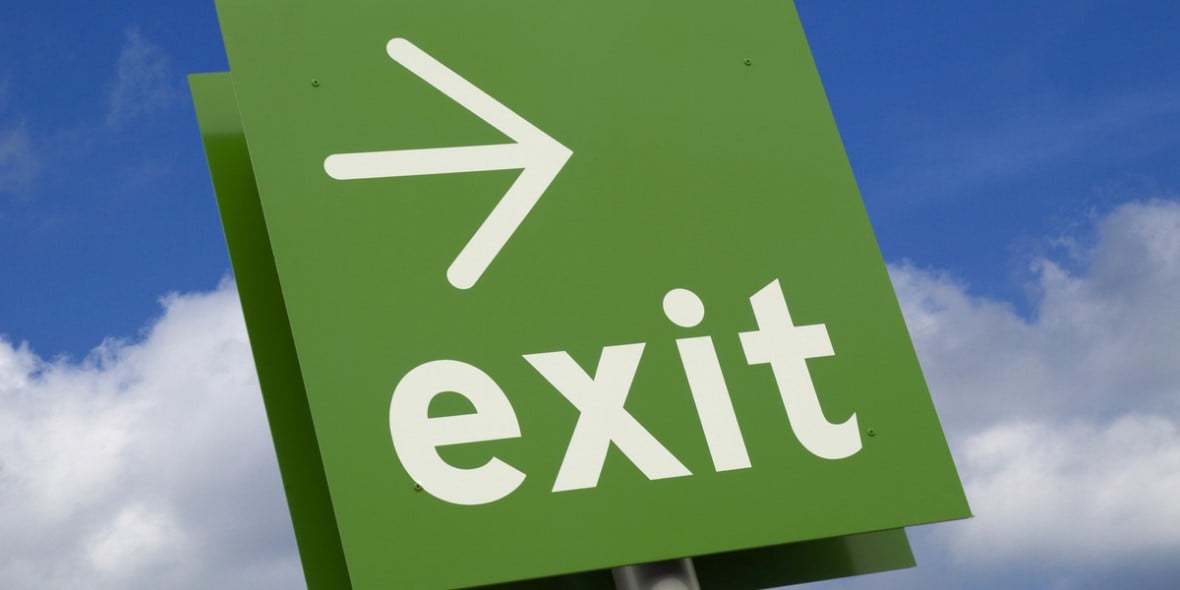
"Grab is Southeast Asia's leading rideshare and food delivery outfit and therefore needs to build apps for iOS to connect with customers. In a Thursday post, the company explains it builds those apps using Continuous Integration and Continuous Delivery/Deployment (CI/CD) infrastructure that runs on Apple Mac computers. Taking ownership of our core infrastructure can be a major competitive advantage The company started with a single on-prem Mac Pro"
"So significant that the company decided to investigate the cost of building its own cluster of Macs in a datacenter closer to its Singapore headquarters. That effort yielded some nasty numbers, such as GitHub Actions build minutes on macOS being ten times more expensive than Linux, and Apple's insistence that providers of cloudy Macs must charge for utilization in 24-hour blocks. Grab's CI/CD pipeline has daily peaks, and goes quiet on weekends, so paying for a day's worth of cloudy Mac was obviously wasteful."
Grab builds iOS apps using macOS-based CI/CD infrastructure and scaled from a single on-prem Mac Pro to over 200 cloud Macs. Cloud costs grew significant, driven by expensive macOS build minutes and providers charging for 24-hour utilization blocks. Daily weekday build peaks and quiet weekends made round-the-clock cloud billing wasteful. macOS virtualization was considered but rejected due to observed performance and stability trade-offs. Grab decided to build a local cluster of physical Macs in a datacenter near Singapore and replaced the cloud-hosted Mac Minis with on-prem hardware to reduce costs and improve control.
Read at Theregister
Unable to calculate read time
Collection
[
|
...
]